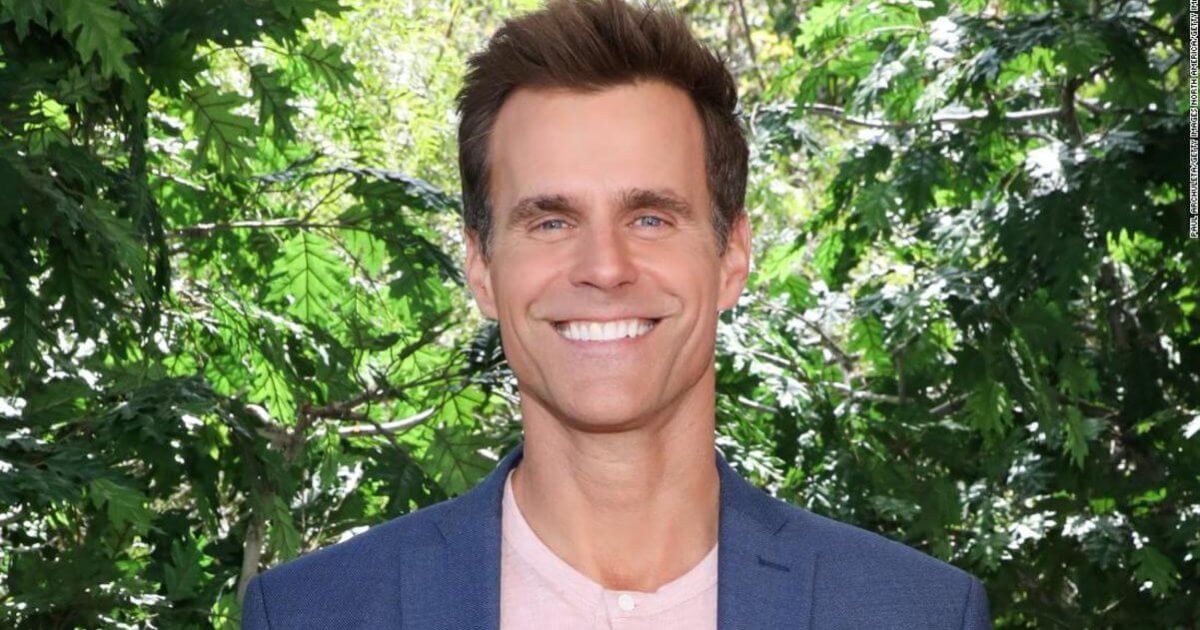“If I get caught up in the negativity, it can be pretty tough,” says former soap opera star Cameron Mathison, who successfully beat kidney cancer but is now facing new challenges brought on by COVID-19.
Mathison announced in 2019 that he had been diagnosed with renal cell carcinoma, a type of kidney cancer. For treatment, he underwent a laparoscopic surgery, a an operation performed in the abdomen or pelvis, and was declared “cancer-free.” Despite his successful surgery, Mathison told popculture that he is still nervous about his health because of the outbreak. However, he also says that his cancer diagnosis has made him focus on staying positive, and be grateful in the current moment.
Read MoreCancer Patients And COVID-19
With the coronavirus pandemic taking up so many of our country's emergency health resources, many people facing cancer are worried about what happens if they do face some sort of complication from treatment. The safest bet for people going through cancer treatment, or those who have just finished treatment, is to practice social distancing as much as possible. Taking advantage of tele-medicine when you do have a question or concern for your doctor is the best option right now. However, in emergency situations, in-person visits and surgeries are still possible.
“There are several conditions that may indicate evolving emergencies that require you to be evaluated in person, either by your usual physician or by the team of doctors in the emergency room,” says Dr. Brieze Keeley Bell, an integrative internist and palliative care physician at University of California, San Francisco (UCSF) Osher Center for Integrative Medicine.
Dr. Brieze Keeley Bell explains how cancer patients and survivors can stay safe during COVID-19
How To Cope With Anxiety During COVID-19
The outbreak has caused many of us, especially cancer patients, to feel increased anxiety about our health and wellbeing. One of the main causes of anxiety is uncertainty about life, and Covid-19 is fueling anxiety for individuals because of the lack of answers about the virus. Many people will turn to media platforms for answers, that can cause individuals to often end up with more questions as a result which leads to more anxiety.
The first step for coping during stressful circumstances such as COVID-19 is understanding one's anxiety. To do this, it’s important to check in with oneself everyday to see where the anxiety is manifesting and what questions are causing the anxiety. From there, it's important to answer those questions and reassure oneself with positivity.
Dr. Marianna Strongin shares tips on how to cope with anxiety during coronavirus
"The answers are our coping skills," says Dr. Marianna Strongin, a clinical psychologist and founder of Strong In Therapy. "Some people are really good at always giving themselves answers…other people don't have the coping skills to answer their anxiety and as a result the anxiety increases. In mix of Covid-19 we are all facing the same questions. Some are facing them much more than others and some are better at answering those questions than others. What's really important is to pay attention to is what those questions are, what the frequency of those questions are, and how you're answering them."
Learn more about SurvivorNet's rigorous medical review process.


